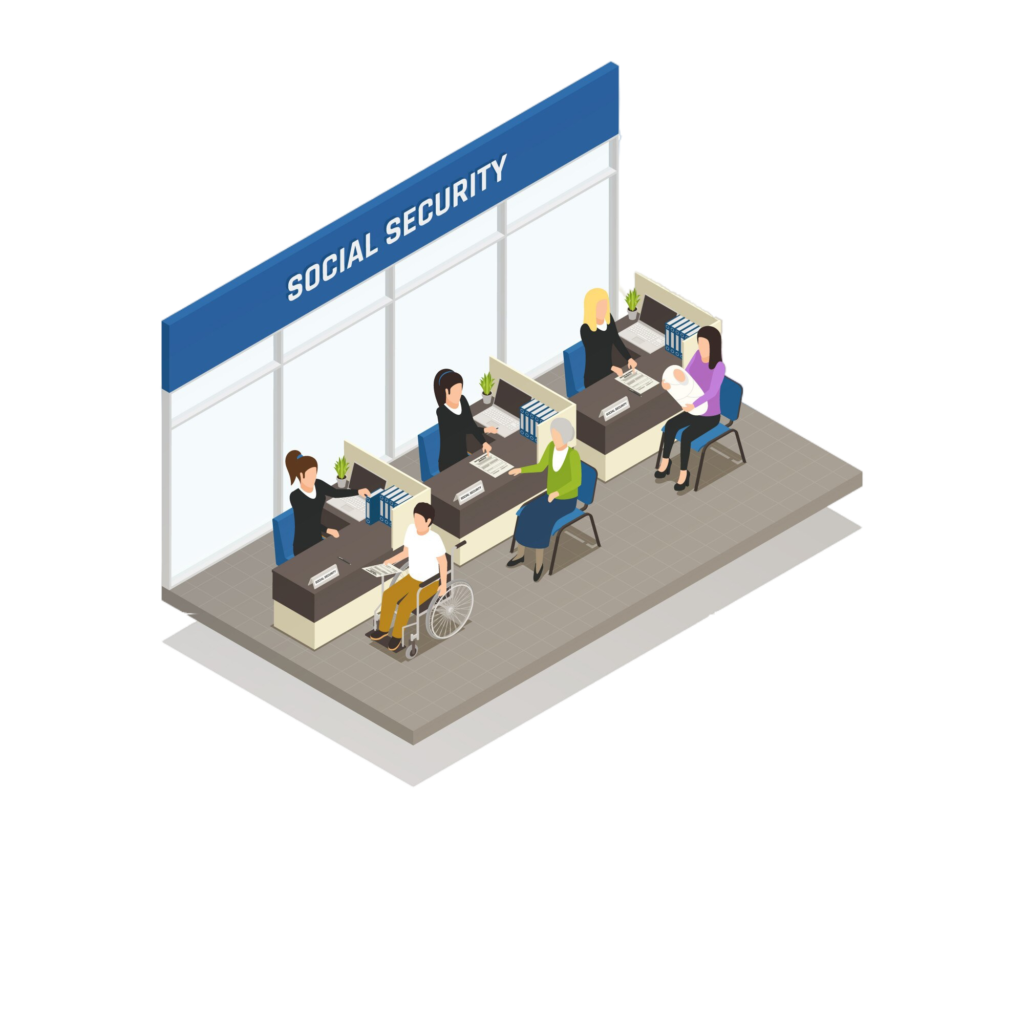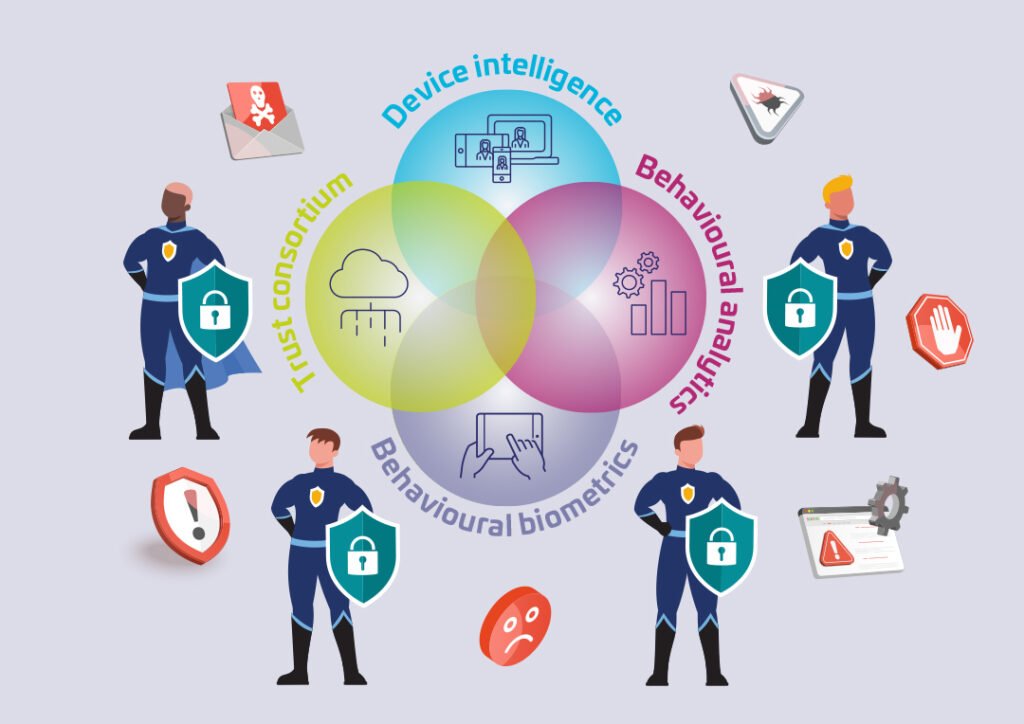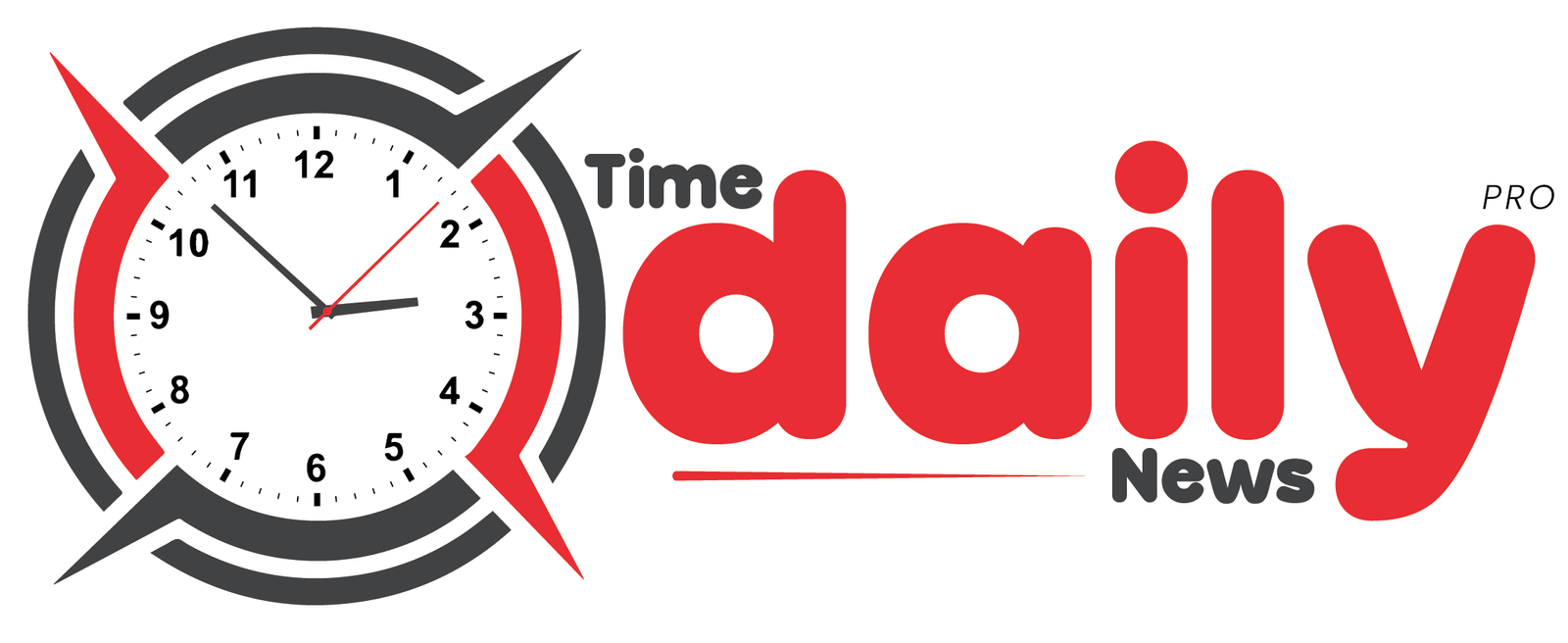Social Security Number Exposure: Understanding the Risks and How to Protect Yourself
Social Security Numbers (SSNs) are more than just a string of nine digits—they’re the key to your identity in the United States. They open doors to financial accounts, employment opportunities, and even tax records. But with the rise of cybercrime and data breaches, SSN exposure has become a growing concern. In this article, we’ll dive deep into what Social Security Number exposure is, the risks it poses, and, most importantly, how you can protect yourself.
What is a Government managed retirement Number (SSN)?
A Government managed retirement Number is an interesting identifier given to U.S. residents, long-lasting inhabitants, and a few transitory laborers. Initially planned for following income and advantages inside the Government managed retirement program, SSNs have developed into a basic instrument for character check. From applying for advances to opening ledgers, your SSN is vital to your monetary life. This makes it a practical objective for personality criminals.

Social security number exposure
Normal Reasons for Government managed retirement Number Openness
Your SSN can be uncovered in various ways. Here are probably the most well-known situations:
Information Breaks and Hacking Occurrences:
Enormous scope information breaks, similar to those at Equifax or Target, frequently lead to a great many SSNs being presented to cybercriminals.
Phishing Tricks and Social Designing Assaults:
Fraudsters stunt individuals into uncovering their SSNs by acting like real substances, like banks or government offices.
Actual Burglary of Reports:
If your wallet, tote, or significant records are taken, your SSN could be in the possession of a lawbreaker.
Scattering or Unintentional Sharing of SSN Data:
Now and again, individuals incidentally share their SSNs on the web or with dishonest sources, prompting openness.
The Risks and Consequences of SSN Exposure
At the point when your SSN is uncovered, it can prompt extreme results:
Wholesale fraud and Misrepresentation:
Criminals can utilize your SSN to open credit accounts, apply for advances, and even record charges in your name, prompting critical monetary misfortune.
Unapproved Credit Action:
You could find charge cards or advances taken out in your name that you won’t ever approve.
Influence Using a credit card Scores:
Fake action connected to your SSN can harm your FICO rating, making it challenging to get credits or home loans.
Lawful and Monetary Consequences:
Tidying up wholesale fraud isn’t simply unpleasant — it tends to be exorbitant, both in time and cash.
Genuine Instances of Federal retirement aide Number Openness
The Equifax break of 2017 is a striking model where the SSNs of more than 147 million individuals were compromised. This break caused boundless frenzy as individuals mixed to safeguard their characters. On a more limited size, people face SSN openness day to day through tricks, taken mail, and lost records.
Cautioning Signs That Your SSN May Be Compromised
How can you say whether your SSN has been compromised? Here are a few warnings:
Unforeseen Visa Applications: You get a notification about a charge card application you didn’t submit.
Unapproved Exchanges in Financial balances: Unnoticed charges or withdrawals show up in your records.
Letters or Calls from Obligation Gatherers: You begin getting assortment sees for obligations you didn’t bring about.
Instructions to Safeguard Your Federal retirement aide Number
While it’s difficult to wipe out all dangers, there are ways you can defend your SSN:
Limit the Sharing of Your SSN: Possibly share your SSN when totally essential. Continuously inquire as to whether one more identifier can be utilized all things considered.
Utilize Secure Web-based Practices: Try not to email your SSN or putting away it on cloud administrations without encryption.
Protect Your Actual Reports: Store records containing your SSN in a solid spot, similar to a locked cabinet or safe.
What to Do If Your SSN is Exposed or Stolen
On the off chance that you suspect your SSN has been uncovered, make these strides right away:
Contact the Credit Departments and Freeze Your Credit: Solicitation a credit freeze to keep new records from being opened in your name.
Record a Police Report and Contact the IRS: This can help in questioning fake movement, particularly in the event that somebody documents charges utilizing your SSN.
Report Fraud: The FTC’s site is a significant asset for revealing and overseeing fraud.

The Job of Credit Observing and Wholesale fraud Security Administrations
Credit observing and wholesale fraud security administrations can be priceless in distinguishing dubious action early. These administrations screen your credit report and alarm you to any changes. While a few proposition free variants, others give expense highlights like SSN following and protection for data fraud recuperation.
Legal Protections and Resources Available for Victims of SSN Exposure
The U.S. government offers a few legitimate securities and assets to help casualties:
Regulations and Guidelines: The Fair Credit Announcing Act (FCRA) offers insurances for casualties of fraud.
Government Assets: The FTC and IdentityTheft.gov give bit by bit recuperation plans.
Legitimate Help: In extreme cases, you might require lawful assistance to demonstrate your innocence and recuperate monetarily.
How Companies and Organizations Should Handle SSN Data
Organizations play a crucial role in protecting SSNs. Best practices include:
Secure Storage and Encryption
SSNs should be stored in encrypted databases with restricted access.
Employee Training on Data Privacy
Staff should be trained to handle SSN data securely and recognize phishing threats.
How the Government is Addressing SSN Exposure Issues
The government is actively seeking to reduce the use of SSNs as primary identifiers. For example, Medicare has moved away from SSN-based ID cards. Legislators are also working on new laws that prioritize data security and limit SSN use.
Future Trends: Will SSNs Become Obsolete?
As technology advances, there’s growing interest in alternatives to SSNs. Digital IDs and biometric systems could one day replace SSNs, offering more secure and flexible ways to verify identity.
Conclusion
Protecting your Social Security Number is essential in today’s digital world. By staying vigilant, limiting who you share your SSN with, and taking quick action if it’s exposed, you can reduce the risk of identity theft and safeguard your financial future. For more captivating stories and in-depth articles, visit Time Daily News and stay informed on the latest trends and historical insights.





